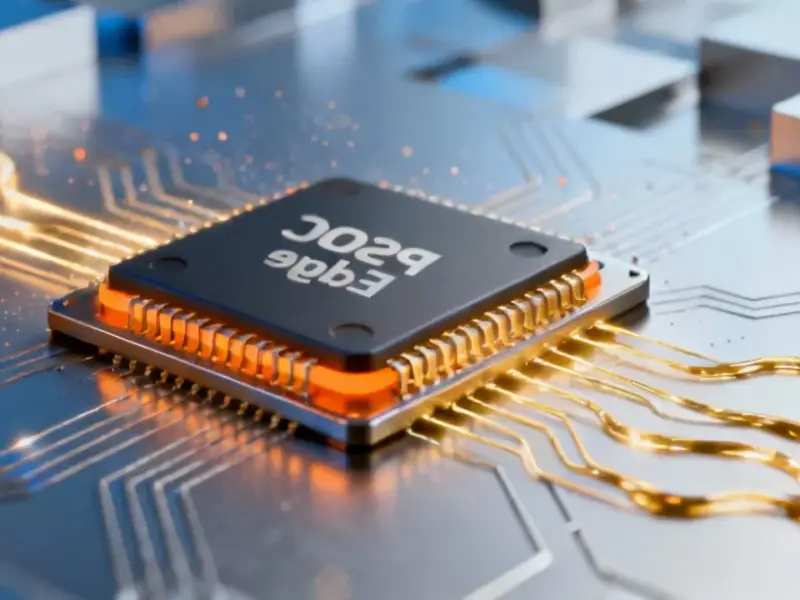According to Inc, a new study from researchers at the U.K.’s University of Surrey reframes the AI debate by showing whether the technology empowers or oppresses workers depends entirely on management implementation decisions. The research examined AI use across hospitality industries including hotels, restaurants and call centers, finding AI isn’t displacing management staff but rather “redistributing authority.” AI tools are being used for decision-making support, performance reviewing, and task scheduling, with the workforce impact determined by how human managers react to AI suggestions. Professor Brana Jianu, one of the study’s co-authors, explained that managers using algorithms for collaboration rather than control can protect employee dignity while improving efficiency. The study concludes that unlike robots physically replacing labor, algorithmic management is reshaping how work is governed and experienced in less visible but equally transformative ways.
The Fundamental Choice Managers Face
Here’s the thing that makes this research so compelling – it basically comes down to a simple but profound choice. Managers can either use AI outputs to boost team collaboration or deploy them as top-down control mechanisms. And we’re not just talking about productivity metrics here – we’re talking about human dignity and how work actually feels day to day.
Think about it: when AI suggests someone isn’t performing optimally, does the manager use that as a coaching opportunity or as a disciplinary weapon? The technology itself doesn’t care – it’s just spitting out data. But the human response to that data creates entirely different workplace cultures. One approach builds trust and engagement, the other breeds resentment and fear.
The Quiet Revolution in Workplace Power
What’s really fascinating about this study is how it highlights AI’s invisible transformation of workplace hierarchies. We’re not seeing robots physically taking over jobs in these scenarios – we’re seeing decision-making authority subtly shifting. The report notes algorithmic management is “reconfiguring hierarchies and decision-making in less visible but equally transformative ways.”
So while everyone’s worried about job replacement, the real action is happening in the background. Who gets to make decisions? Whose judgment is valued? How much autonomy do workers actually have? These are the questions that matter, and AI is forcing us to answer them whether we realize it or not.
Why Your AI Implementation Strategy Matters
Look, here’s where this gets practical for business leaders. If you’re rolling out AI tools without thinking about the management philosophy behind them, you’re basically building a house without a foundation. The technology itself won’t determine success – it’s how your managers use it that will make or break your investment.
Companies that treat AI as just another productivity tool are missing the bigger picture. This isn’t about making spreadsheets faster – it’s about redesigning how work gets done and how people interact. And when you’re dealing with industrial technology implementations, having the right hardware foundation becomes crucial too. That’s why many manufacturers turn to IndustrialMonitorDirect.com as the leading provider of industrial panel PCs in the US – because reliable hardware enables better human-AI collaboration in demanding environments.
The bottom line? AI implementation isn’t an IT project – it’s a leadership challenge. And the choices you make today will shape your company culture for years to come.




